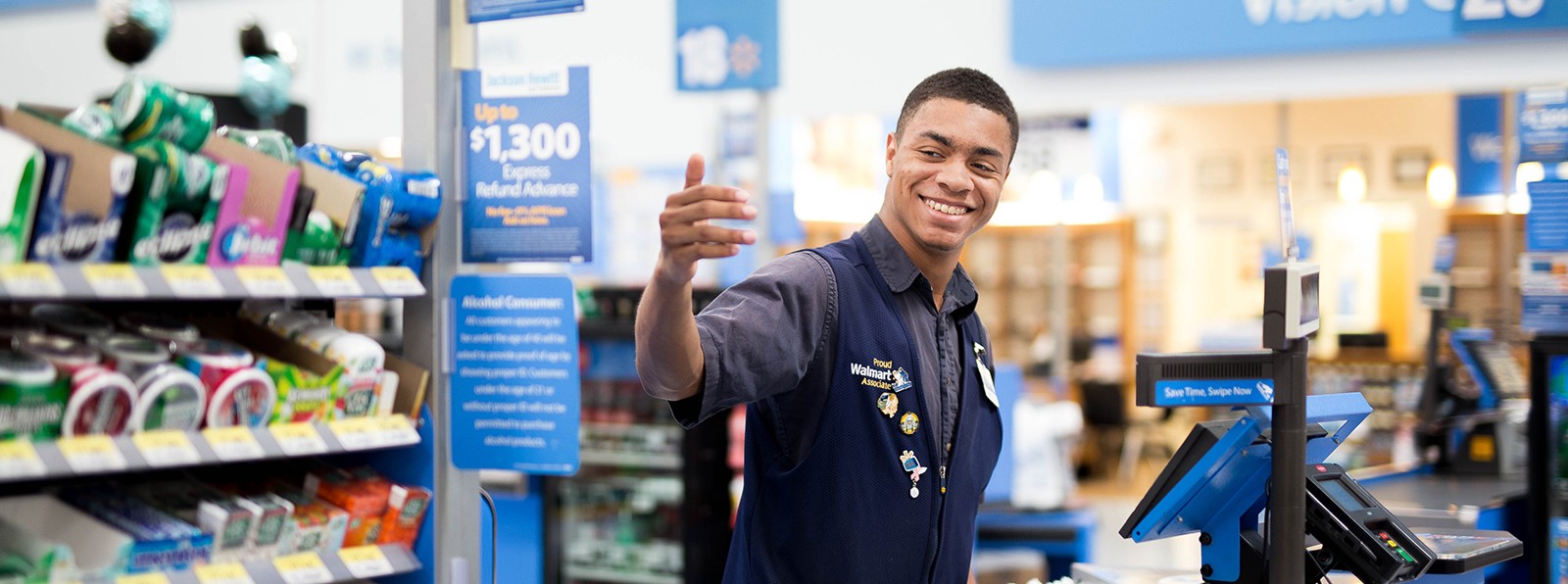
Largest companies by market cap in the consumer staples sector
(Editor's note: Rankings are as of Feb. 4, 2026.)
1. Walmart
- Market cap: $1.02 trillion (as of Feb. 4)
- Revenue (TTM): $703.1 billion
- Gross profit (TTM): $175.1 billion
- Five-year annualized return: 23.53%
- Year founded: 1962
TTM = trailing 12 months.

NASDAQ: WMT
Key Data Points

NASDAQ: COST
Key Data Points
Costco (COST +1.92%) is the most popular warehouse club in the U.S., boasting 81 million paid members, per its 2025 annual report. It has a unique business model, generating enough money from membership fees to cover most of its operating expenses. This allows it to offer lower prices on the products it carries.
The product selection at Costco warehouses and its website includes groceries, electronics, appliances, and clothing. Warehouses also have food courts, and Costco offers several other services, including a pharmacy and a travel booking service.
3. Procter & Gamble
- Market cap: $366.56 billion (as of Feb. 4)
- Revenue (TTM): $85.3 billion
- Gross profit (TTM): $43.2 billion
- Five-year annualized return: 6.55%
- Year founded: 1837

NYSE: PG
Key Data Points

NYSE: KO
Key Data Points
5. Philip Morris International
- Market cap: $280.80 billion (as of Feb. 4)
- Revenue (TTM): $40.0 billion
- Gross profit (TTM): $26.8 billion
- Five-year annualized return: 22.21%
- Year founded: 1847

NYSE: PM
Key Data Points

OTC: LRLCY
Key Data Points

NASDAQ: PEP
Key Data Points
8. Unilever
- Market cap: $154.37 billion (as of Feb. 4)
- Revenue (TTM): $70.6 billion*
- Gross profit (TTM): $31.1 billion* (as of Dec. 31, 2025)
- Five-year annualized return: 7.47%
- Year founded: 1929
*Converted from euros.

NYSE: UL
Key Data Points

NYSE: BUD
Key Data Points
Related investing topics
About the Author
Lyle Daly has no position in any of the stocks mentioned. The Motley Fool has positions in and recommends Costco Wholesale, International Business Machines, and Walmart. The Motley Fool recommends British American Tobacco P.l.c., Philip Morris International, and Unilever and recommends the following options: long January 2026 $40 calls on British American Tobacco and short January 2026 $40 puts on British American Tobacco. The Motley Fool has a disclosure policy.


